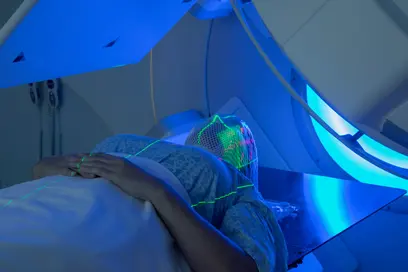Cancer research, like all other biomedical sciences, relies on them: Living cells, kept in sterile culture dishes in laboratory incubators around the globe, are the chief study objects and outcome providers. However, a common and well-known problem is cell culture contamination by microorganisms or foreign cells. Fifteen to thirty percent of all cell lines are rated as contaminated or – worse even – are not even what the researcher thinks he or she is cultivating. Contamination is also frequently the reason why cell experiments fail to deliver useful and reproducible results. In the worst case, results obtained using contaminated cells will set scientists on the wrong track.
Multiplexion GmbH, a spinout from the German Cancer Research Center (DKFZ), offers scientists quality assurance for their research results. Company founder Dr. Markus Schmitt has developed a testing system for simultaneous detection of 25 different types of contamination – viruses, bacteria and foreign-cell contamination. The test called “Multiplex Cell Contamination Test" detects twelve different mycoplasma types. These bacteria, which are invisible under the microscope, often contaminate cultured cells. Moreover, the test detects a common retrovirus and the genomes of twelve different animal species to provide clues about contamination by foreign cells.
The company also offers a method for verifying cell line identity called “Multiplex Human Cell Line Authentication Test". The test is based on detection of so-called single-nucleotide polymorphisms (SNPs) and hence avoids error sources which have occurred in other previously used cell identity detection methods.
The testing systems offered by Multiplexion have been tested intensively for many years at DKFZ. Clients – from public research institutes or companies – can send their cell samples, processed according to a simple protocol, by mail and will be notified within just a few business days by e-mail about the test results for their cells.
Contact: Dr. Markus Schmitt
www.multiplexion.de



